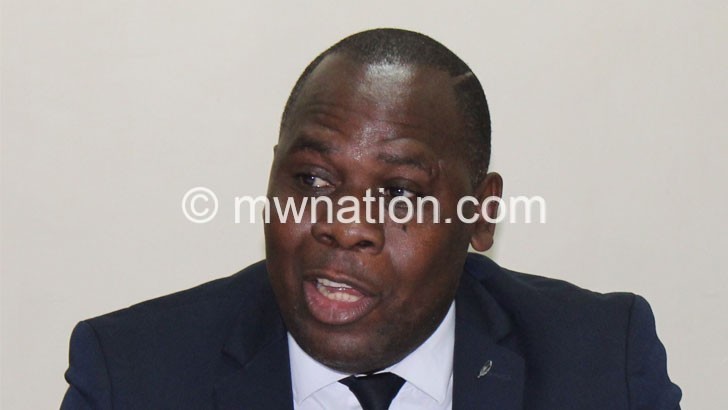UN grants MHRC A-status
The Global Alliance of National Human Rights Institutions (Ganhri), an organ of the United Nations, has re-accredited the Malawi Human Rights Commission (MHRC) with an A-status.
This is a top rating given to a national human rights institution which meets minimum standards to be considered credible and to operate effectively in line with the Paris Principles, whose key pillars are pluralism, independence and effectiveness.
This accreditation also grants MHRC speaking rights and participation in the work and decision-making of the Ganhri as well as in the work of the UN Human Rights Council and other UN mechanisms.
In an interview yesterday, MHRC executive secretary Habiba Osman confirmed this development, describing it as a huge opportunity which boosts the country’s human rights records.

In a separate interview, Human Rights Defenders Coalition chairperson Gift Trapence said the accreditation is a reflection of the good work the MHRC is doing in promoting and protecting human rights.
He, however, said the A-status attainment does not mean Malawians are fully enjoying their rights.
Said Trapence: “Malawians’ rights continue to be violated. MHRC continues to be underfunded and has low human resource to meet the high demands of reported cases that need to be investigated and resolved.”
He said government should in the next budget consider increasing funding towards MHRC to fulfil its obligations.
Despite granting the A-status, a report by the Ganhri Sub-Committee for Accreditation (SCA) has recommended three areas to Malawi for improvement.
Reads the report in part: “The SCA recommends that the MHRC continues to advocate for an appropriate level of funding to effectively carry out its mandate including under the Access to Information Act and Gender Equality Act, for suitable office premises, to establish regional offices, and to increase the capacity of its members and staff on emerging thematic issues including but not limited to minority rights, climate change, and environmental justice.”
Another recommendation is the enactment of an enabling law which must contain “objective dismissal process” of commissioners and grounds for dismissal clearly “defined and appropriately confined to those actions that impact adversely on the capacity of the members to fulfil the institution’s mandate”.
The report further acknowledges the consistent efforts of the MHRC to engage the Office of the President and Cabinet, and the Ministry of Justice to amend the law in this regard and encourages the commission to continue with this advocacy to guarantee commissioners security of tenure of office.





